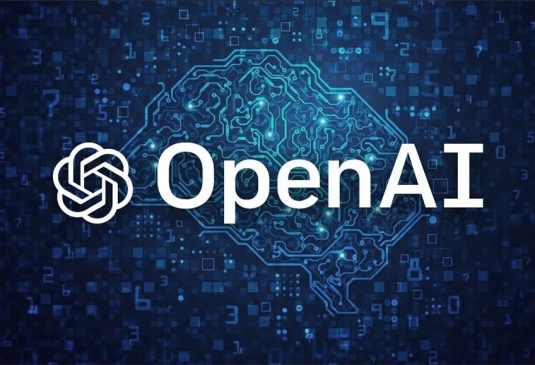
Photo Credit: Getty Images
In a groundbreaking study by researchers at the University of Reading, artificial intelligence (AI) has outperformed real students in university exams, raising significant concerns about the integrity of educational assessments. The study, published in the journal PLOS ONE, involved creating 33 fictitious students and using the AI tool ChatGPT to generate answers for undergraduate psychology degree exams.
The results were startling: AI-generated responses scored half a grade boundary higher on average than those of actual students. Moreover, the AI essays were "verged on being undetectable", with 94% not raising concerns with markers. The study noted that the 6% detection rate was likely an overestimate.
"This is particularly worrying as AI submissions robustly gained higher grades than real student submissions', the study stated. "Thus, students could cheat undetected using AI - and in doing so, attain a better grade than those who did not cheat".
Associate Professor Peter Scarfe and Professor Etienne Roesch, who led the study, emphasized the global implications of their findings. "Many institutions have moved away from traditional exams to make assessment more inclusive.Our research shows it is of international importance to understand how AI will affect the integrity of educational assessments, "Dr. Scarfe explained. "We won’t necessarily go back fully to handwritten exams - but the global education sector will need to evolve in the face of AI".
In the study, AI-generated answers and essays were submitted for first-, second-, and third-year modules without the knowledge of the markers. The AI students outperformed real undergraduates in the first two years, but human students scored better in third-year exams. The researchers suggested that this discrepancy is consistent with the current limitations of AI in handling more abstract reasoning.
The University of Reading's study is the largest and most robust blind study of its kind to date. It highlights the need for educational institutions to rethink their assessment strategies in the era of advanced AI tools.
Academics have been voicing concerns about the influence of AI in education. For instance, Glasgow University recently reintroduced in-person exams for one course to mitigate AI cheating. Earlier this year, the Guardian reported that most undergraduates admitted using AI programs to assist with their essays, though only 5% confessed to submitting unedited AI-generated text.
As the use of AI in education continues to rise, this study serves as a critical wake-up call for educators worldwide to develop strategies to ensure the fairness and integrity of academic assessments.

















